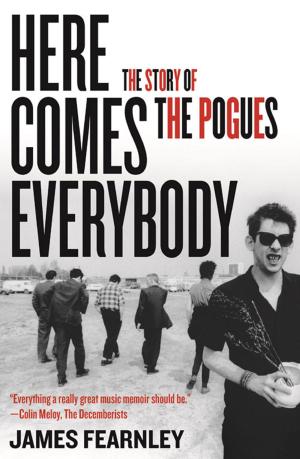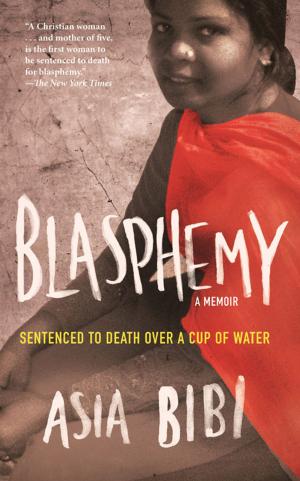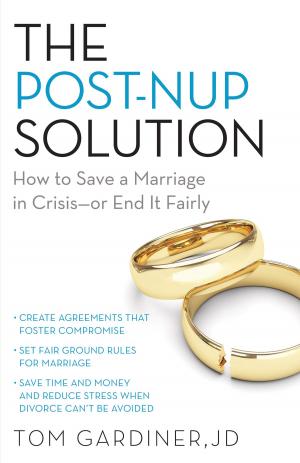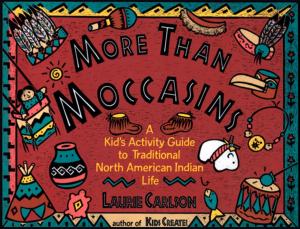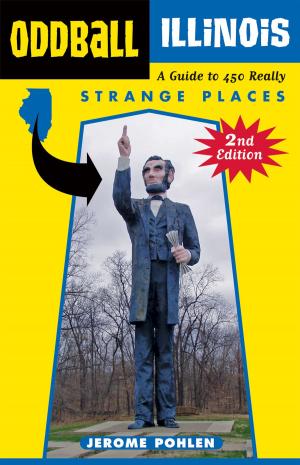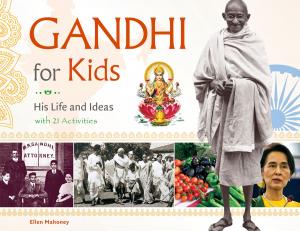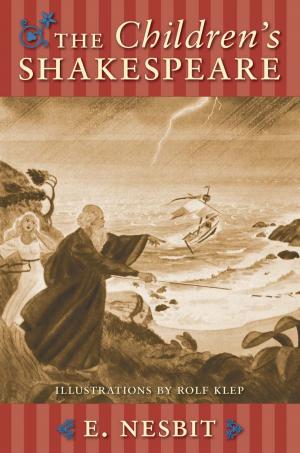| Author: | Rosemary Sutcliff | ISBN: | 9781613743027 |
| Publisher: | Chicago Review Press | Publication: | May 1, 2008 |
| Imprint: | Chicago Review Press | Language: | English |
| Author: | Rosemary Sutcliff |
| ISBN: | 9781613743027 |
| Publisher: | Chicago Review Press |
| Publication: | May 1, 2008 |
| Imprint: | Chicago Review Press |
| Language: | English |
This brilliant Arthurian epic cuts through the mists of pagan, early Christian, and medieval splendors that have gathered about the subject and tells the authentic story of the man who may well have been the real King Arthur—Artos the Bear, the mighty warrior-king who saved the last lights of Western civilization when the barbarian darkness descended in the fifth century. Presenting early Britain as it was after the departure of the Romans—no Round Table, no many-towered Camelot—the setting is a hard, savage land, half-civilized, half-pagan, where a few men struggled to forge a nation and hold back the Saxon scourge. Richly detailed, the story chronicles the formation of a great army, the hardships of winter quarters, the primitive wedding feasts, the pagan fertility rites, the agonies of surgery after battle, the thrilling stag hunts, and the glorious processions of the era. Stripped of the chivalric embellishments that the French applied to British history centuries ago, the Arthurian age here emerges as a time when men stood at the precipice of history—a time of transition and changing values and imminent national peril.
This brilliant Arthurian epic cuts through the mists of pagan, early Christian, and medieval splendors that have gathered about the subject and tells the authentic story of the man who may well have been the real King Arthur—Artos the Bear, the mighty warrior-king who saved the last lights of Western civilization when the barbarian darkness descended in the fifth century. Presenting early Britain as it was after the departure of the Romans—no Round Table, no many-towered Camelot—the setting is a hard, savage land, half-civilized, half-pagan, where a few men struggled to forge a nation and hold back the Saxon scourge. Richly detailed, the story chronicles the formation of a great army, the hardships of winter quarters, the primitive wedding feasts, the pagan fertility rites, the agonies of surgery after battle, the thrilling stag hunts, and the glorious processions of the era. Stripped of the chivalric embellishments that the French applied to British history centuries ago, the Arthurian age here emerges as a time when men stood at the precipice of history—a time of transition and changing values and imminent national peril.


